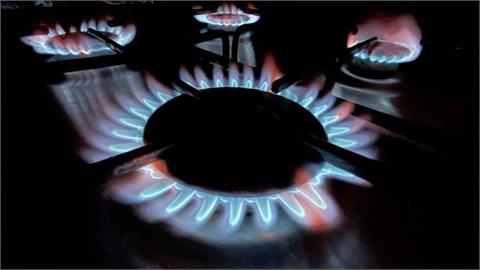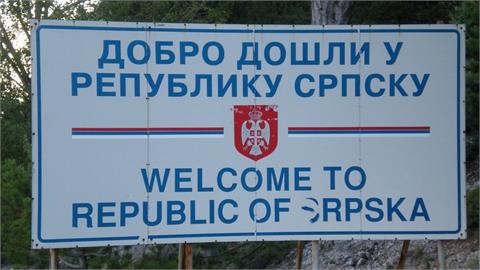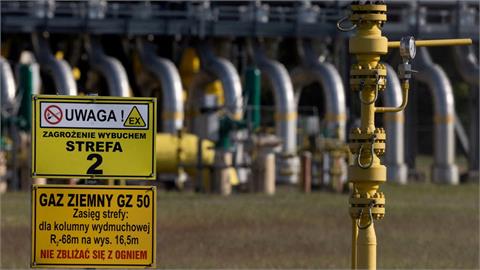The US imposed sanctions on the Russian pipelaying vessel "Fortuna" due to the ship's involvement in the construction of the Nord Stream 2 gas pipeline project to carry gas from Russia to Europe, according to the US Treasury Department on Tuesday.
The sanctions on the vessel came into effect under Countering America's Adversaries Through Sanctions Act (CAATSA) legislation.
On the same day, Russian energy company Gazprom reported in a Eurobond prospectus that the Nord Stream 2 is at risk of suspension or cancellation due to political pressure.
Gazprom's statement said political changes in various regions could affect the projects, and "attitudes of our partners can also change due to tensions between countries."
The US has long opposed the project, claiming the Nord Stream 2 would threaten Europe's energy security by increasing its dependence on Russian gas, while giving Russia greater political and economic leverage over Russian gas-dependent countries in Europe, such as Germany.
While some European countries, including Poland and Ukraine, share a similar stance with the US, the German government supports the construction of the pipeline, as the country aims to phase out nuclear energy by the end of next year and coal by 2038 at the latest.
With this 94% completed gas project, costing in the region of €10 billion, 55 billion cubic meters (bcm) of Russian gas is planned for shipment annually to Germany via the Baltic Sea.
Suspending construction in late 2019 after the US imposed sanctions, Russia resumed work on the pipeline in December 2020.
Meanwhile, Gazprom set an all-time record for gas supplies to Europe, delivering 17.4 bcm of gas in October 2020, according to a shorthand record of a working meeting between Russian President Vladimir Putin and the Chairman of the Gazprom Management Committee Alexey Miller, released by Gazprom on Tuesday.
(Anadolu Agency, January 20, 2021)



